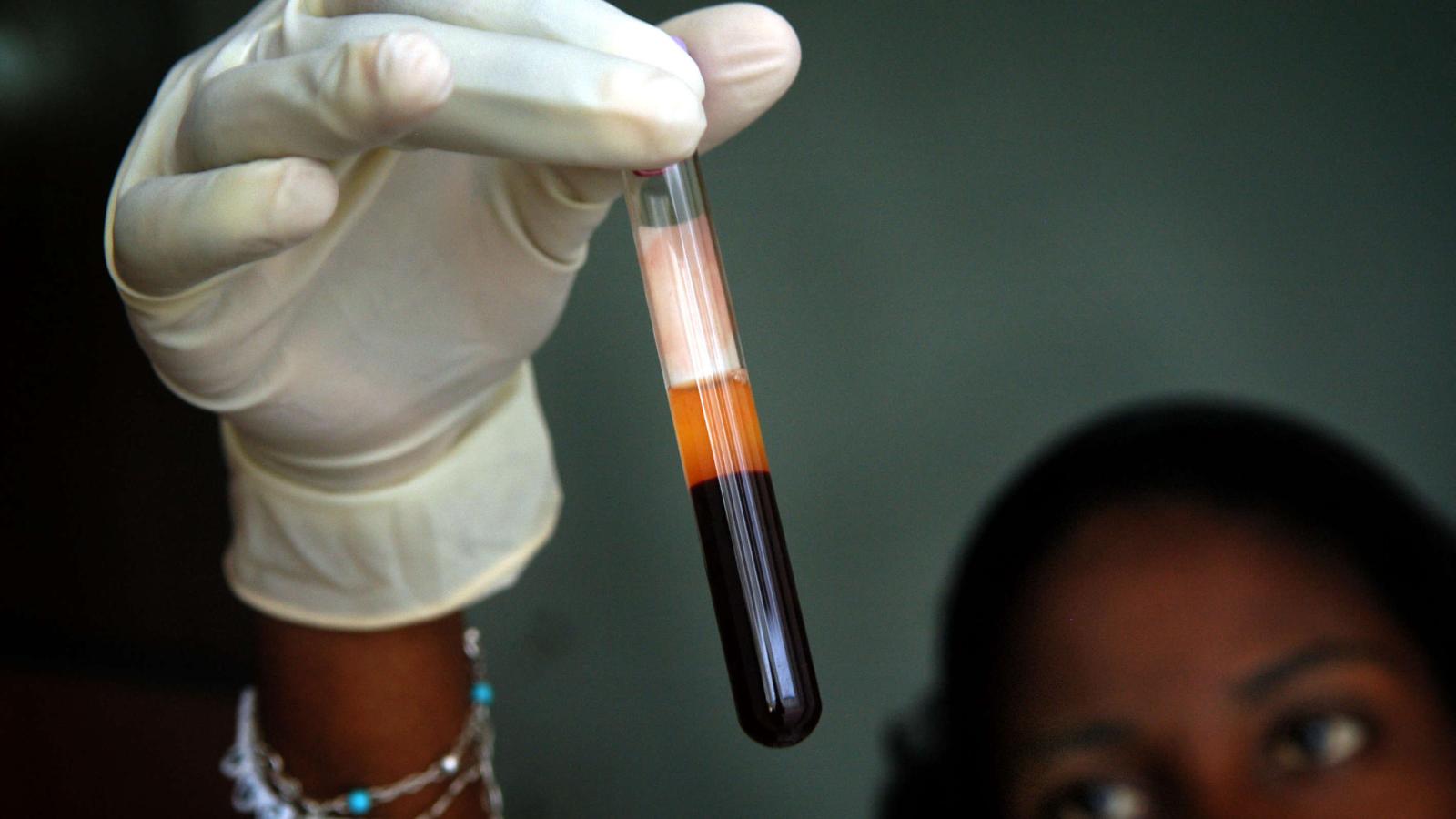An experimental HIV vaccine made with the same technology that was used to make Moderna and Pfizer / BioNTech’s covid-19 vaccines is safe in monkeys and even protects them to some extent against an HIV-like virus, they reported Thursday. US federal government investigators.
The vaccine uses messenger RNA or mRNA to protect against the human immunodeficiency virus or HIV, the virus that causes AIDS. Despite decades of effort, researchers have been unable to create a vaccine that protects people well against the virus that has killed 36 million people and infected another 37 million worldwide, according to the World Health Organization. .
“Despite nearly four decades of effort by the global research community, an effective vaccine to prevent HIV remains an elusive goal,” Dr. Anthony Fauci, director of the National Institute of Allergy and Disease, said in a statement. Infectious Diseases, which did the job. “This experimental mRNA vaccine combines several characteristics that can overcome the shortcomings of other experimental HIV vaccines and therefore represents a promising approach.”
As with the covid-19 vaccines, the experimental HIV vaccine sends instructions to cells – in this case, to make two parts of the HIV virus called Env and Gag. After immunization, muscle cells produce virus-like particles on their surfaces, stimulating an immune response.
The NIAID researchers, Moderna and others immunized the monkeys with the vaccine and then exposed them to a virus called SHIV, a relative of HIV, because monkeys do not get HIV. “Despite multiple immunizations with high doses of mRNA, the vaccine was well tolerated with only mild adverse effects after each inoculation,” the researchers wrote in their report, published in the journal Nature Medicine.
They gave the monkeys seven injections over a year, and the animals developed measurable levels of neutralizing antibodies directed against most variants of HIV, as well as immune cells called T cells.
After 13 weekly exposures to SHIV, two out of every seven monkeys were not infected. The non-immunized monkeys became infected after three weeks. It’s not a resounding result, but it shows that the approach might work in principle, the researchers said.
Now they are working to perfect the vaccine. That’s one advantage of mRNA vaccine technology: it is easier to modify in the laboratory than other types of vaccines. “If it is confirmed to be safe and effective, we plan to conduct a phase 1 trial of this vaccine platform in healthy adult volunteers,” NIAID’s Dr. Paolo Lusso said in a statement.

